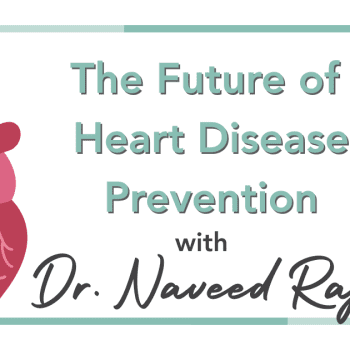 September is Prostate Cancer Awareness Month. The American Cancer Society’s estimates for prostate cancer in the United States for 2016 include about 180,890 new cases of prostate cancer and approximately 26,120 deaths from prostate cancer this year alone.
September is Prostate Cancer Awareness Month. The American Cancer Society’s estimates for prostate cancer in the United States for 2016 include about 180,890 new cases of prostate cancer and approximately 26,120 deaths from prostate cancer this year alone.
About 1 man in 7 will be diagnosed with prostate cancer during his lifetime with the average age of diagnosis at around 65 or older.
Prostate cancer is a type of cancer that mostly affects older men. After skin cancer, prostate cancer is the most common cancer in men. But the disease can be treated – especially when detected early.
Many men have questions about prostate cancer. The information below can help you start a conversation with your doctor, physician assistant or nurse.
What is the prostate?
The male prostate is a small sex gland that makes fluid to carry sperm. It’s located below the bladder and in front of the rectum.
Who is at risk for prostate cancer?
Some risk factors for prostate cancer include:
- Being age 50 or older
- Being African American
- Having a father, brother, or son who had prostate cancer
What about screening for prostate cancer?
Talk your medical provider about your risk factors and screening options.
Here are some questions you may want to ask your doctor or nurse:
- Am I at risk for prostate cancer?
- Are there things I can do to lower my risk for prostate cancer?
- What are the risks and benefits of prostate cancer screening and treatment?
- Are there any warning signs or symptoms of prostate cancer I should look out for?
Start a dialogue with your provider. Knowing your risks and options for detection and treatment empower you as the patient.
For more information about prostate cancer screening, please visit:
http://www.cancer.gov/types/prostate/patient/prostate-screening-pdq#section/all
Sources:
Healthfinder.org, A Federal Government website managed by the U.S. Department of Health and Human Services
healthfinder.gov is sponsored by the National Health Information Center
American Cancer Society, cancer.org







